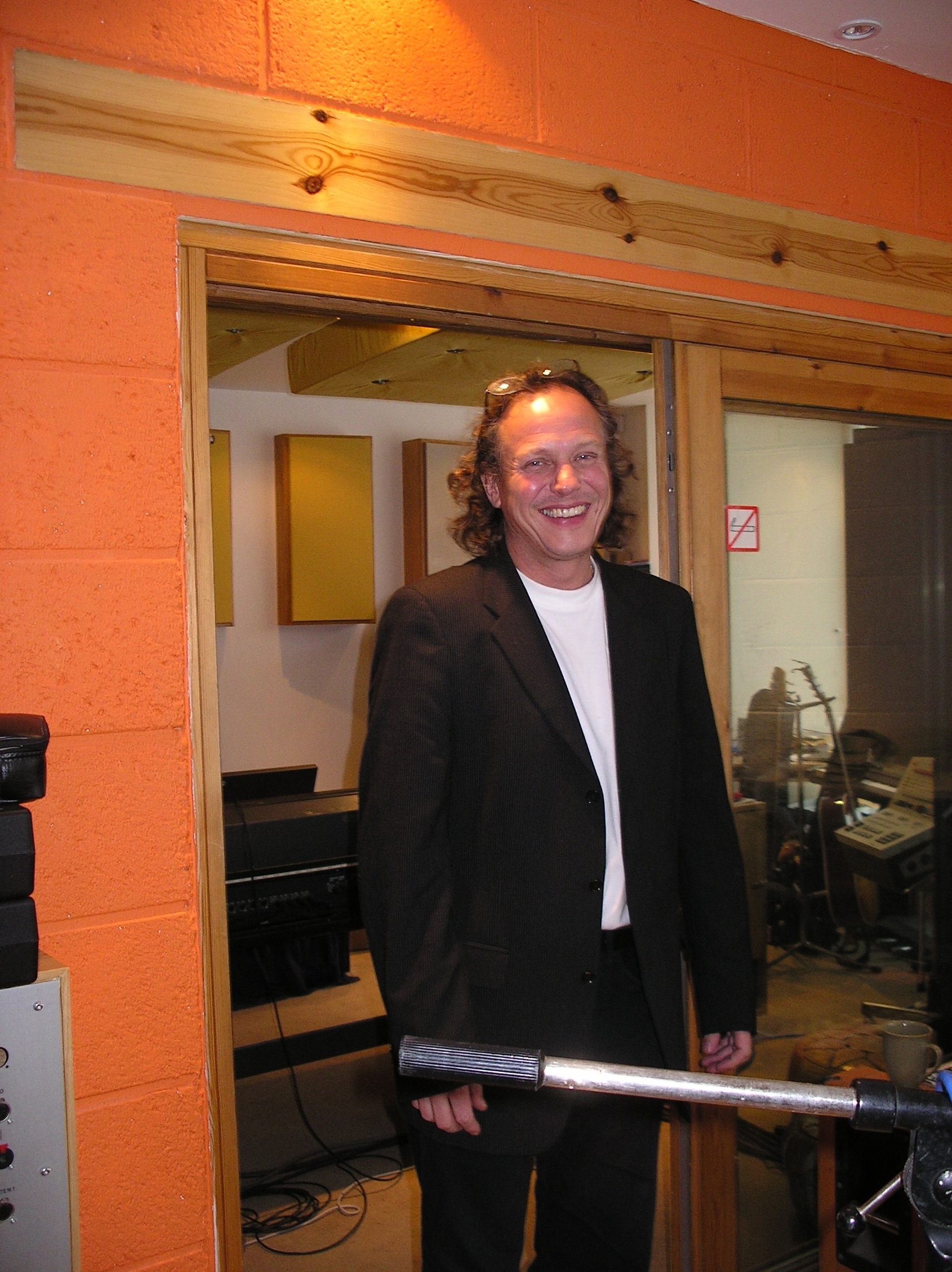So it may seem a bit cheeky of me giving advice to music supervisors, editors, producers, and edit houses on how to approach music libraries, but I am doing this in the spirit of friendship and understanding. And from the point of view of someone who has been invited to pitch multiple times for nearly forty years, as a composer for film, television, and theatre.
The Pitch Email
Yesterday evening, at about five minutes to six, just as I was about to leave the office, an email dropped into my mail box. It was typical in so many ways, and perhaps more revealing than the sender intended it to be:
“Hi Everybody, We are looking for a piece of music that is fresh, upbeat, a little bit Latin, and has good energy without being too busy. Must be over 1 minute long. Please send your ideas as soon as possible. We need them by noon tomorrow. Thanks……”
Oh dear, it’s five to six, a beautiful evening, and I was just off for a walk. But I have a duty to my composers. I should pitch. But my hackles are rising! Why?
Well, please allow me to unpick this.
Hello Everybody!
“Hello Everybody” obviously tells me that this is being sent to multiple people. The sender has my email address, but has not bothered to research my name. Two minutes would have done this. And then the email would have been personal. But apparently this was not important. Strike 1!
And the knowledge that many people would be pitching for this makes my heart sink. This really is a lottery pitch!
“…fresh, upbeat, a little bit Latin, and has good energy without being too busy.” Not a bad brief, you may say. A bit general perhaps, but okay. No references though, which would help. But also, what is the music for? Is it for a film? In which case the music should be cinematic. Is it for TV? In which case the music should probably be a bit more energetic. Is it for online use? In which case, the music should probably be less complex, more hooky. So no clue as to who or what the pitch is for. This strikes me as a little unhelpful. Strike 2!
And since there is no clue as to what the pitch is for, I have no idea whether this pitch, should my company be the winner, is going to be worth £100,000, or £50! Strike 3!
Hurry Up & Pitch!
“Please send your ideas as soon as possible. We need them by noon tomorrow.” Okay, this tells me that someone has probably messed up, and they are really desperate. This doesn’t reflect particularly well on the company and people involved. It also gives me a possible clue about the shape of things to come, if I do happen to win the pitch. Maybe they will be equally flakey paying my invoice. It also tells me that they are treating me as a music ‘hole-in-the-wall’, not a human being. Human beings need nurturing, cajoling, encouraging, amusing, distracting, to get the best out of them. They function rather less well when being treated like an automaton. Strike 4!
So who is this person who is offering me this opportunity? What is this company that is seeking my perfect piece of music for their slot? Who knows? No such information is given. The sender obviously feels it is unnecessary. Not my business.
But it is my business! This is a people business. It always has been. What makes me good at my job is having some insight into the people I am working with: Knowing their emotional shorthand. Knowing their likes and dislikes. Knowing something of their reputation. And if, as in this case, I don’t know them at all, surely it is worthwhile them spending a little time reaching out and explaining the context, the mission, the intention. Strike 5!
The Walk
All this struck me in the nano-second it took me to dim my computer screen and exit my office. And I mulled this over as I tried to enjoy my evening walk. Was I being unreasonable? Was I being too sensitive? Should I be more grateful at actually being asked to pitch? And in my head I wrote an email reply to vent my feelings. It was a beautiful evening, but I was distracted by the casual ineptitude of the invitation to pitch. So, instead of sinking into a comfortable chair after my walk, I headed back to my office, preparing to send off a pointed email.
But just before I did, I looked in my inbox, and, lo and behold, there was a new track from one of my writers. I played it. It was fresh, upbeat, a little bit Latin, and had good energy without being too busy. It was also over 1 minute long! A miracle! Thank you God!
I penned a simple email: ” Dear ……Thank you for the opportunity. Here is a piece that I think perfectly fits the bill….Kind regards Simon”
And that’s it. I fired my writer’s gem off into the ether, and offered up a silent prayer.
The Pitch Conclusion
The next day, (today,) I have heard nothing. No acknowledgement, no thank you, no clue as to whether I was close, or miles off. No building of a relationship that will inform future pitches. Indeed no friendly gesture at all. Just goodnight Vienna! And how do I know if they did actually really like the track I supplied, and used it without permission or payment? Or got one of their composers to copy it? Or re-titled it and put it out on their own label. The answer is I don’t. I have no idea. And does anyone actually care?
Well I do. I care. And I want to make this business better. I don’t want it to be swallowed up by Artificial Intelligence, which will perform these kind of tasks far better than this company does. I want to keep it about people, keep it real. So I am writing this blog. In the hope that it might touch a nerve or two. In the hope that it might just make things a little better. And who knows? Tomorrow I might hear that I smashed it! I hit the nail on the head. We got the job!
You can only hope, right?
The author, Simon Webb, is the Musical Director and CEO of the boutique music library Music For Sport. He is also co-host of the podcast Synchronized!










